How Important is Having Your BMW Maintenance Performed?
No matter if you own a 3-Series, 5-Series, or a BMW X5, caring for them is essential to their longevity. For each model, BMW recommended services are just a part of ownership. The manufacturer has created guidelines whether time or mileage that features of maintenance should be performed. While it can feel like you are taking your vehicle into the shop on a regular basis, most of these services aren’t time-consuming to have done and are extremely beneficial.
For new BMWs, you will find that the recommended service is not only something you should do to keep it running like new, but is also mandatory as a part of most warranties. The reason being is that if you don’t keep up with the BMW recommended services they can’t guarantee that anything wrong might happen, such as engine trouble or faulty braking.
BMW Maintenance Schedule
Like other auto manufacturers, BMW has a set of maintenance items that need to be done on a regular basis to keep systems of your vehicle fully operational in good working order. While some items you’ll need to get done will vary depending on the model you own, it is relatively the same. You can expect these main services to be done at the following intervals.

- Engine oil – Every 10,000-miles or 12 months
- Fuel filters – Every 20,000-to 40,000-miles
- Oil filter – Every 10,000-miles or 12 months
- Air filter – Every 60,000-miles
- Coolant – Every 10,000-miles
- Spark plugs – Replace them every 60,000-miles
- Brake fluid – First 30,000-miles, then every 60,000-miles after that
* Example of the BMW 3-Series Recommended Services
When you compare the 3-Series to that of the 5-Series, they are the same. However, some models do differ and have different requirements for service intervals. Check out what the BMW service intervals and how they vary.
- Engine oil – Every 10,000 miles
- Engine air filter – Inspect or Replace every 60,000 miles
- Oil Filter – Every 10,000 miles
- Cabin Air Filter – Every 60,000 miles
- Coolant – Inspect at 10,000 miles and replace as needed
- Spark Plugs – Every 60,000
As you can see there are many similarities, but the cabin air filter has been added, and the brake fluid and fuel filter have been dropped. You will find that changes have much to do with the type of engine installed, and a component that is used on your vehicle that is introduced from the factory. It is always recommended that when making repairs or performing maintenance to use only OEM parts for the best results and most extended lifespan.
What Are 30k, 60k, and 90k Services?
You may have heard about the 30k, 60k, and 90k services from your automotive shop or at the dealership when discussing the maintenance you must have done to keep your car running at its peak performance and maximum efficiency. The 30k, 60k, and 90k services are designed to give you maximum benefits to keeping your vehicle running like new including maintaining ideal fuel economy and safety.
The mileage marker services are slightly different than the recommended service intervals in that they include many more services that need to get done and will be done at one time. This is an excellent opportunity to have all the services that need to be done taken care of during one visit to your automotive shop. Take for instance that BMW recommends that you need to have an oil change done every 10k miles. If you bought brand new, the third time you would need to have the oil change done, you would instead have all the items done for the 30k mileage service, which also includes your necessary oil change. Interval maintenance isn’t the same as the 30k, 60k, 90k, services while they do add many of the system checks, refill, or replacement features.

Major service items typically begin at 90k and sometimes higher. Interval maintenance can go past the 100,000-mile service going up to almost 200k. With people spending more and more time in their vehicles it makes sense that with cars lasting longer these days that the addition of more service intervals are needed for the routine maintenance. Some of the additional services you might see at the 30k, 60k, and 90k-mile service visit include:
- Tire Rotation
- Oil Change
- Belts
- Timing Belts – At Higher Mileage
- Visual Inspection of Brakes, Cooling System, Suspension Parts
- Inspect Replace Filters – Air, Cabin, Fuel
- Check and Replace Fluids – Transmission, Coolant, Brake, Power Steering
- Road Test
Observing the BMW scheduled maintenance and having all the services done on time is the best thing you can do for the life of your vehicle. In addition to these, taking your car in for repairs when something needs to be fixed can help prevent larger issues from happening.

What Should You Do If You Get a Warning Light?
Dreaded warning lights on the dash can be cause for concern or indicate there is a problem that needs attention. Sometimes a warning light can simply illuminate to remind you of BMW service intervals. In your new BMW, there will be warning lights for almost every, if not every system your car has. The onboard diagnostic is advanced and can identify even the smallest trouble, which will result in a corresponding code. The check engine light, for instance, will come on if there is an emission system problem, or an engine management issue like fuel injectors or a cylinder misfire.

If you see a light come on that isn’t usually there, first of all, don’t panic. Most of these lights don’t signal impending doom of vehicle catastrophic failure. But you should take your car to have the codes pulled to find out what is exactly wrong and get it repaired. Surprisingly something as small as forgetting to put the gas cap on or not tight enough is enough to make a check engine light appear. Your automotive technician can tell you whether or not its BMW service lights or something more extensive. A few of the lights you might see include traction control, ABS, check engine light, engine malfunction, brake light, tire pressure system malfunction.
Taking care of your BMW allows your BMW to take care of you. For reliability and longevity having the BMW recommended services performed is essential. Choose an automotive shop that specializes in German manufactured vehicles to guarantee you have automotive technicians that have the skill to work on your car. BMW along with other foreign vehicles can be complicated to work on and having someone that knows the brand and models well, in addition to having the equipment to work on them effectively. Ryan G. Motorworks are the experts in Auburn, CA and the surrounding area for the highest-quality repairs and the 30k, 60k, 90k routine scheduled maintenance.
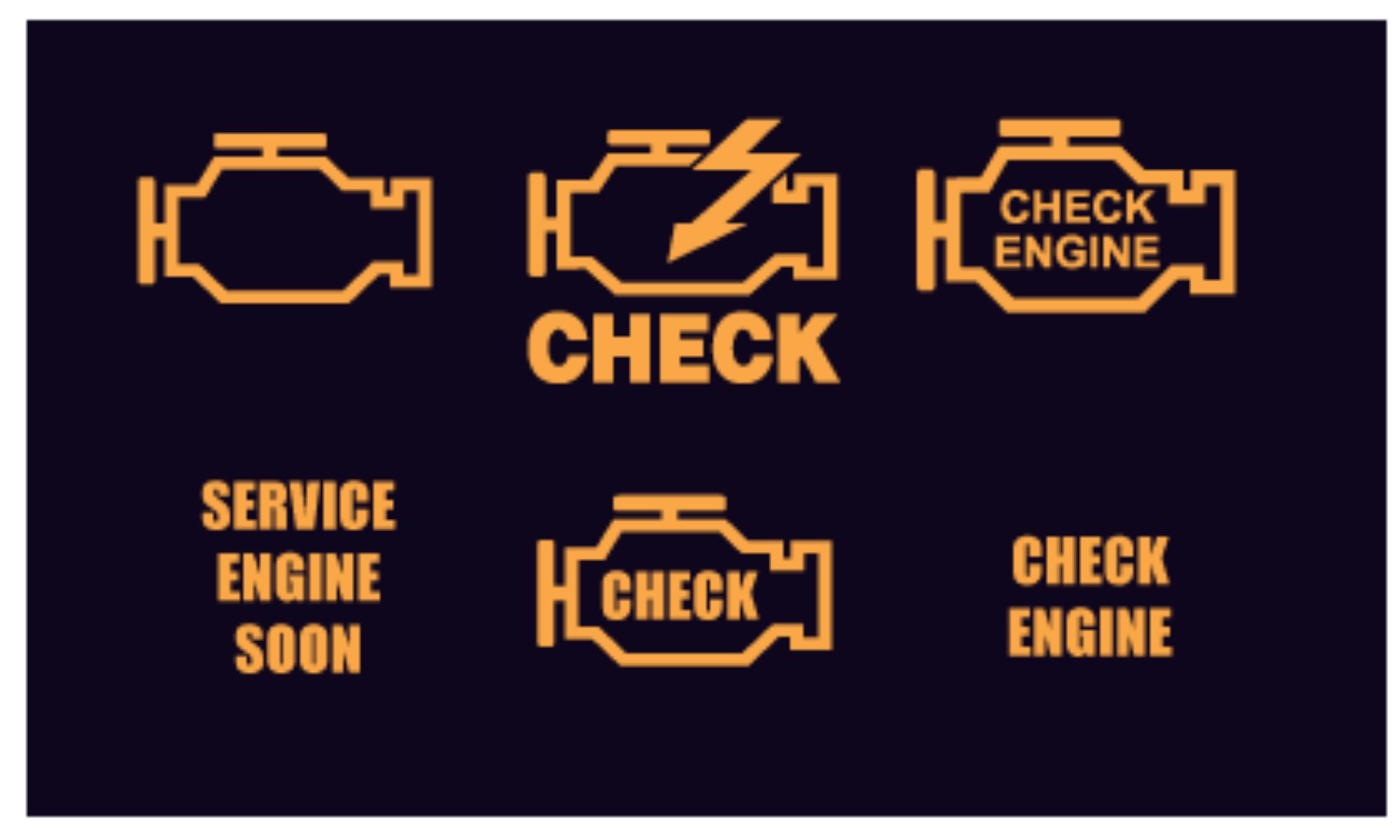
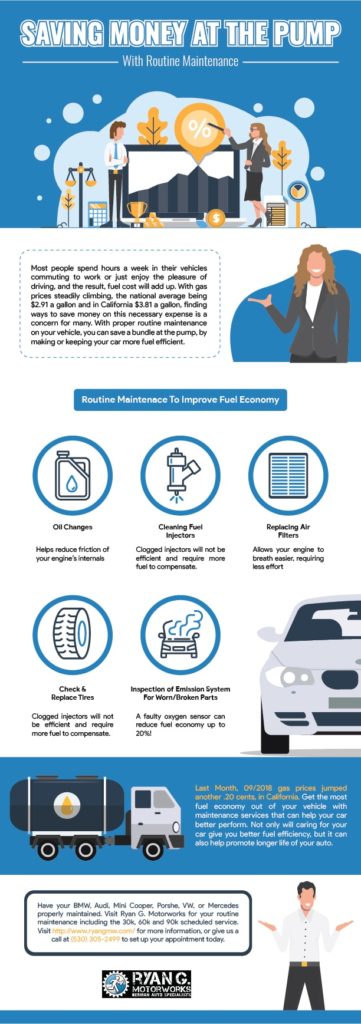
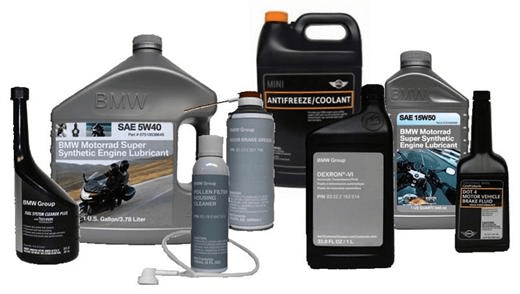 When in doubt about your fluid levels, you can always take it to a
When in doubt about your fluid levels, you can always take it to a 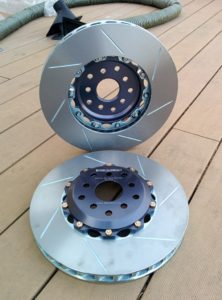 A rotor is the part of your braking system that the pads squeeze against allowing your vehicle to come to a stop. A wonderful thing about these parts is they can last a long time, in most cases, before needing to be changed. However, when they do need to be replaced taking it in for
A rotor is the part of your braking system that the pads squeeze against allowing your vehicle to come to a stop. A wonderful thing about these parts is they can last a long time, in most cases, before needing to be changed. However, when they do need to be replaced taking it in for 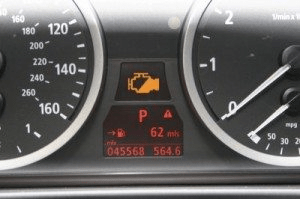 As a car owner, many things can become frustrating. You could enjoying a drive down the road and start hearing a weird noise you have never noticed before. Then, you will begin to wonder if that sound is something you should take to the shop for BMW car repair, or it can be put off. It is always a gamble delaying repairs. For most of us, those quirky sounds our vehicles make alert us to trouble and need to have parts replaced or fixed. Afterall a motor vehicle is just a series of smaller pieces that work together allowing the car to move, steer and stop. If something with your vehicle systems isn’t working the way it should, it could lessen the chance that it will perform the way it needs to. And that is not good for anyone.
As a car owner, many things can become frustrating. You could enjoying a drive down the road and start hearing a weird noise you have never noticed before. Then, you will begin to wonder if that sound is something you should take to the shop for BMW car repair, or it can be put off. It is always a gamble delaying repairs. For most of us, those quirky sounds our vehicles make alert us to trouble and need to have parts replaced or fixed. Afterall a motor vehicle is just a series of smaller pieces that work together allowing the car to move, steer and stop. If something with your vehicle systems isn’t working the way it should, it could lessen the chance that it will perform the way it needs to. And that is not good for anyone.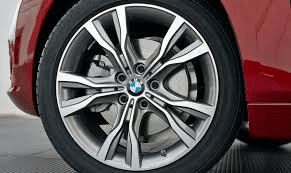 Tires are the essential features of your vehicle. They are what makes contact with the ground. Having good tires versus a bad one can make a huge difference. Have you ever experienced a tire blow out, or know someone that has? At high speeds having a tire, blow can be incredibly dangerous. It can also do much more damages than just having a flat tire. Almost all tire blowouts can be avoided by simply checking your tires periodically, and having them replaced when needed.
Tires are the essential features of your vehicle. They are what makes contact with the ground. Having good tires versus a bad one can make a huge difference. Have you ever experienced a tire blow out, or know someone that has? At high speeds having a tire, blow can be incredibly dangerous. It can also do much more damages than just having a flat tire. Almost all tire blowouts can be avoided by simply checking your tires periodically, and having them replaced when needed.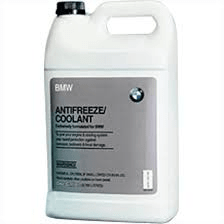 Lastly, make sure to maintain adequate coolant in your vehicle’s cooling system. Each car requires a different type of coolant. BMW recommends the use of their own specially formulated coolant for their vehicles to run at their best. TIP: Use caution when checking your coolant levels. Never try to open the radiator cap if your car has been running and reached it’s operating temperature. In doing so can cause injury. The coolant is a pressurized system. When it is hot, pressure builds, the second you turn the cap it will spray out. At close to 200 degrees, this is something you don’t want touching your skin. Instead, wait until your car has had time cool down or even better let it rest overnight and check before starting it in the morning.
Lastly, make sure to maintain adequate coolant in your vehicle’s cooling system. Each car requires a different type of coolant. BMW recommends the use of their own specially formulated coolant for their vehicles to run at their best. TIP: Use caution when checking your coolant levels. Never try to open the radiator cap if your car has been running and reached it’s operating temperature. In doing so can cause injury. The coolant is a pressurized system. When it is hot, pressure builds, the second you turn the cap it will spray out. At close to 200 degrees, this is something you don’t want touching your skin. Instead, wait until your car has had time cool down or even better let it rest overnight and check before starting it in the morning.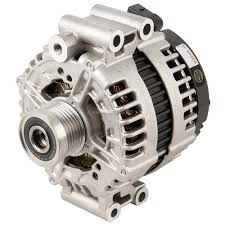 You turn the key which starts the chain reaction of all the functions needed to start your car, run, or the accessories to work. The battery is then used to perform these necessary functions. If you leave the car in an accessory position, or on, and not fully start the vehicle all the power applied to operate the accessories will draw power from the battery. After a period, your vehicle’s battery will wear down, and not allow the car to start. However, if your car is turned on and the engine is running the part called an alternator will recharge the battery, thereby you have constant power on demand.
You turn the key which starts the chain reaction of all the functions needed to start your car, run, or the accessories to work. The battery is then used to perform these necessary functions. If you leave the car in an accessory position, or on, and not fully start the vehicle all the power applied to operate the accessories will draw power from the battery. After a period, your vehicle’s battery will wear down, and not allow the car to start. However, if your car is turned on and the engine is running the part called an alternator will recharge the battery, thereby you have constant power on demand. If your vehicle starts, chances are it isn’t your battery that is the problem. Allowing your car to run and then disconnecting the positive cable from the battery terminal. If your car is still running, the alternator is fine. This means you will need to replace the battery.
If your vehicle starts, chances are it isn’t your battery that is the problem. Allowing your car to run and then disconnecting the positive cable from the battery terminal. If your car is still running, the alternator is fine. This means you will need to replace the battery.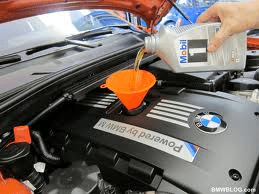 The
The 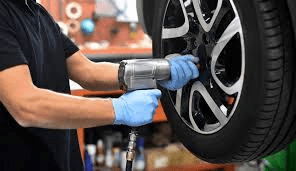 Tires need to be in optimal condition for any drive you take. Older tires or those with worn out tread can potential blowout while driving. This is a very unsafe condition. Tire rotation will move the worn tires to the non-driving axle for better durability. However, if after a tire inspection you need to have a tire replaced, you should do so before hitting the road. A tire popping while out on the road will mean costly towing service and delays. Tire rotation is a simple service that should be done periodically and is part of most manufacturers recommended routine service.
Tires need to be in optimal condition for any drive you take. Older tires or those with worn out tread can potential blowout while driving. This is a very unsafe condition. Tire rotation will move the worn tires to the non-driving axle for better durability. However, if after a tire inspection you need to have a tire replaced, you should do so before hitting the road. A tire popping while out on the road will mean costly towing service and delays. Tire rotation is a simple service that should be done periodically and is part of most manufacturers recommended routine service.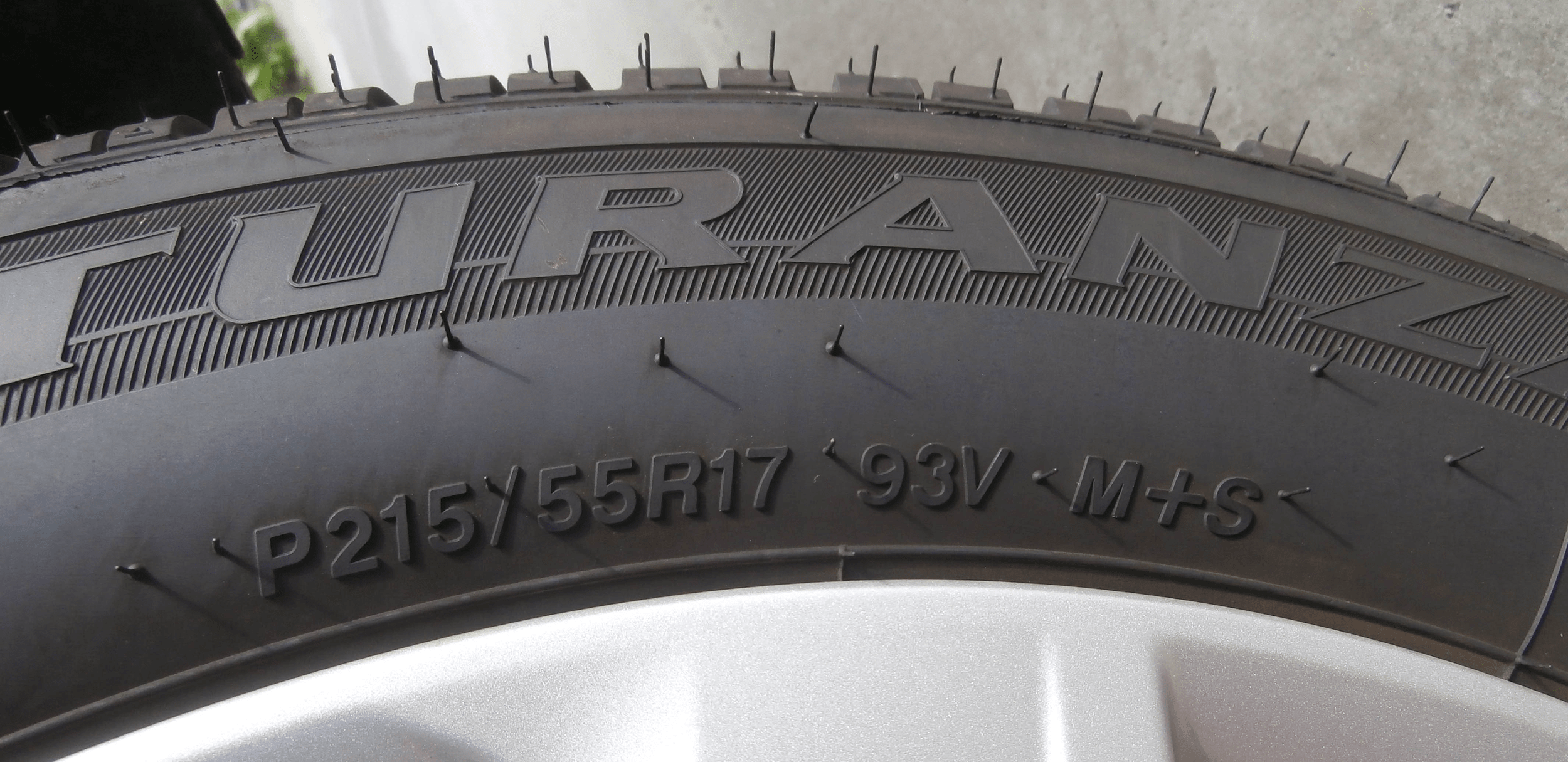
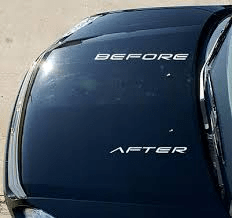
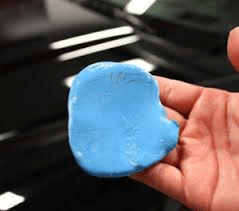 If you’re unfamiliar with
If you’re unfamiliar with